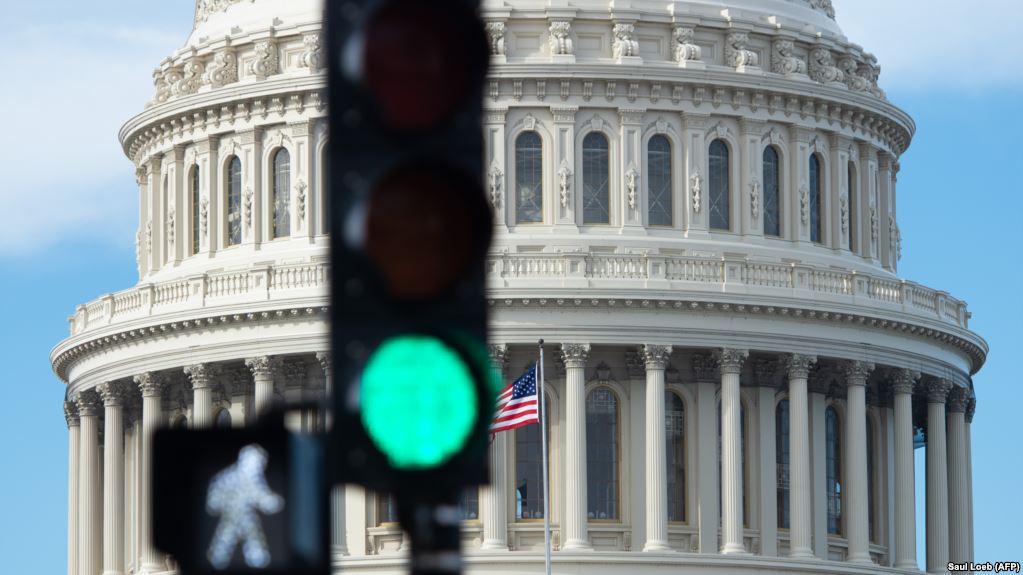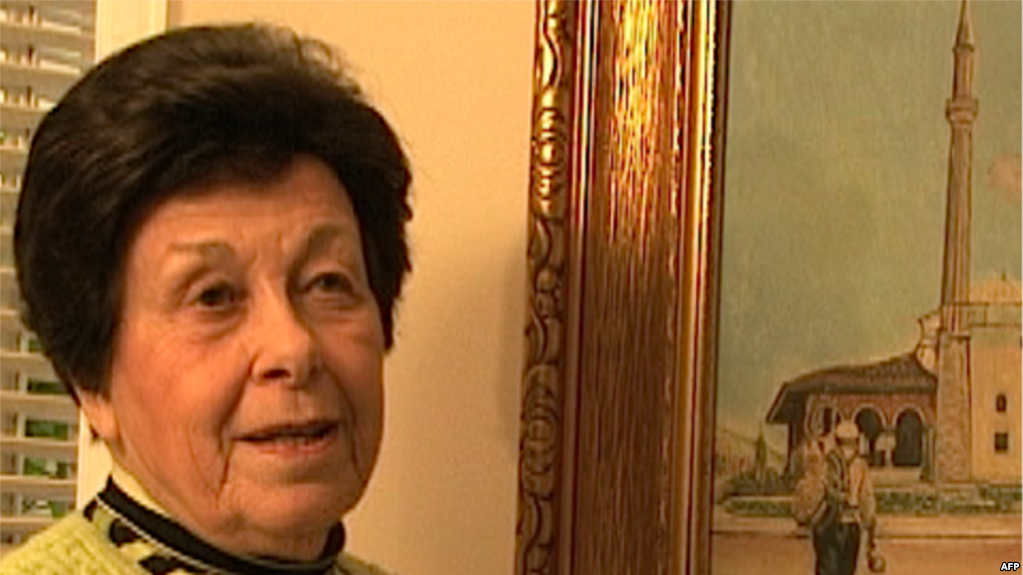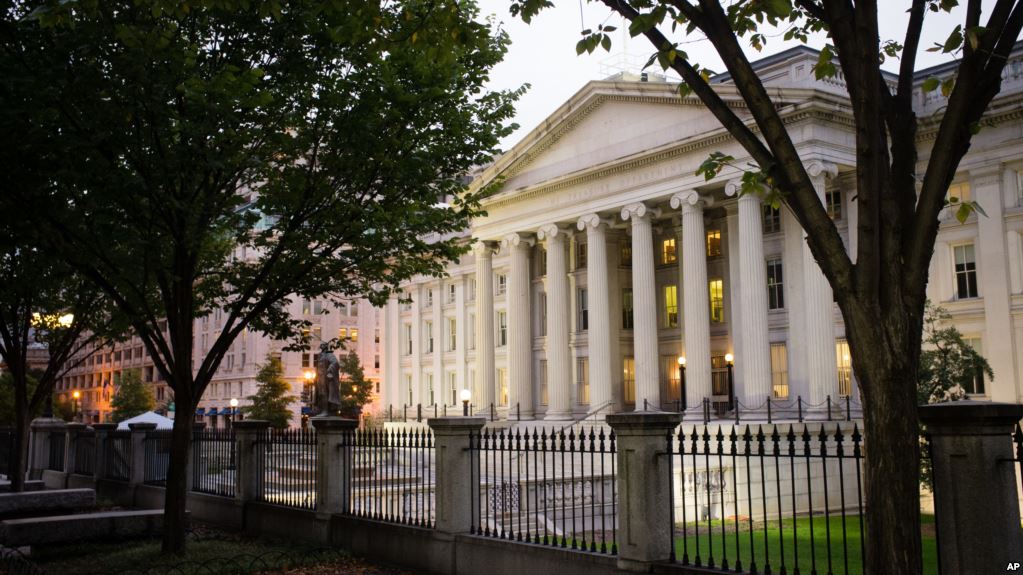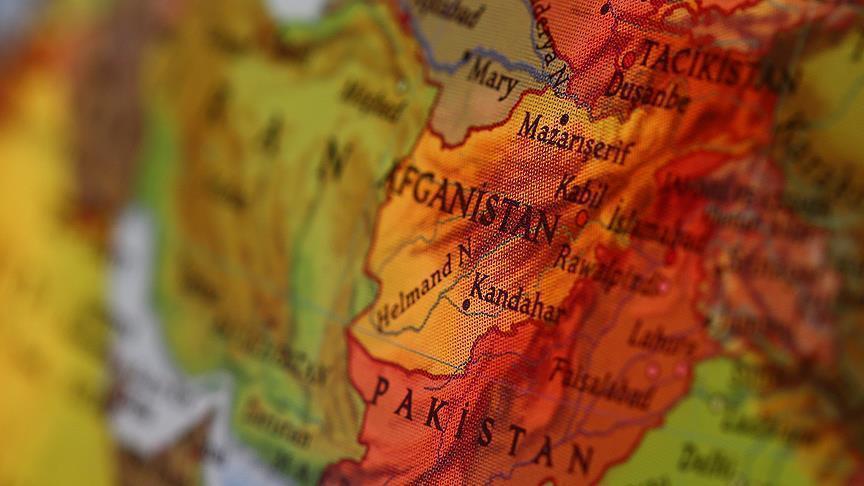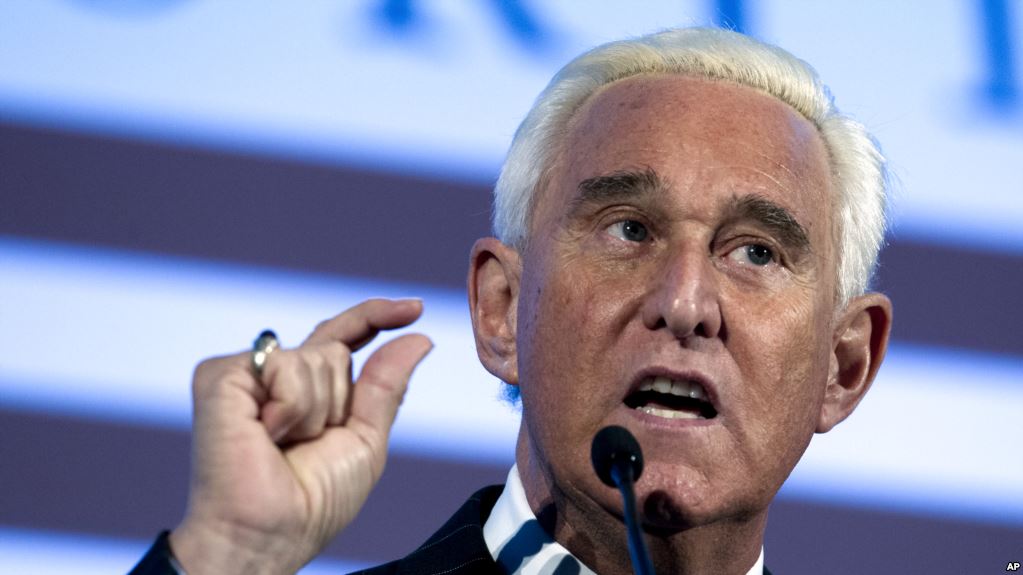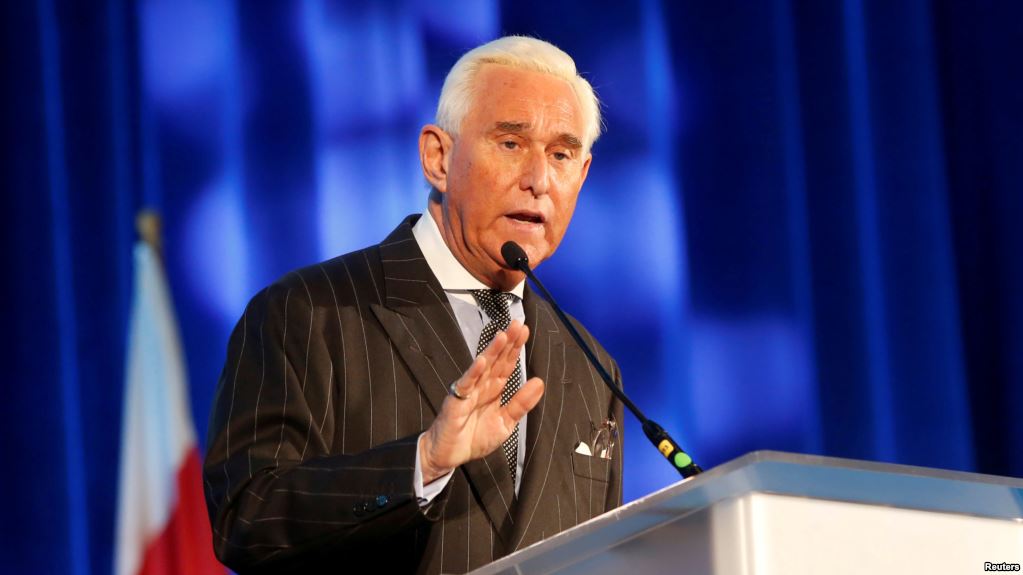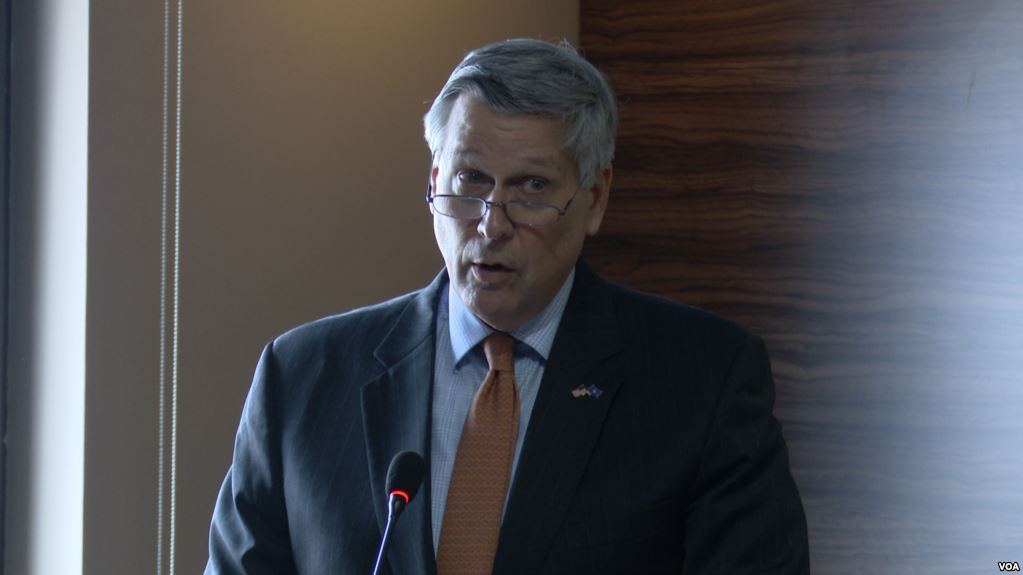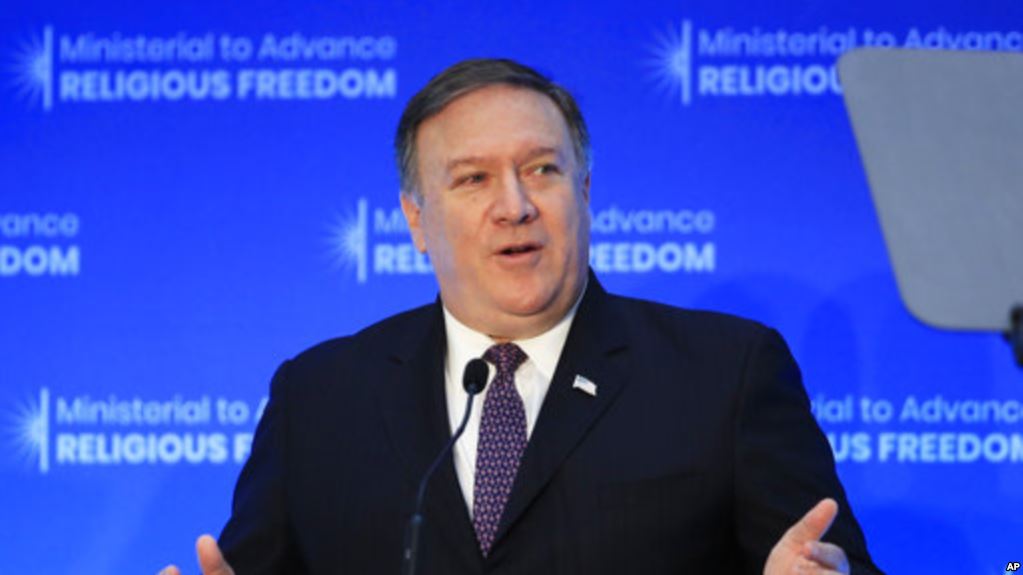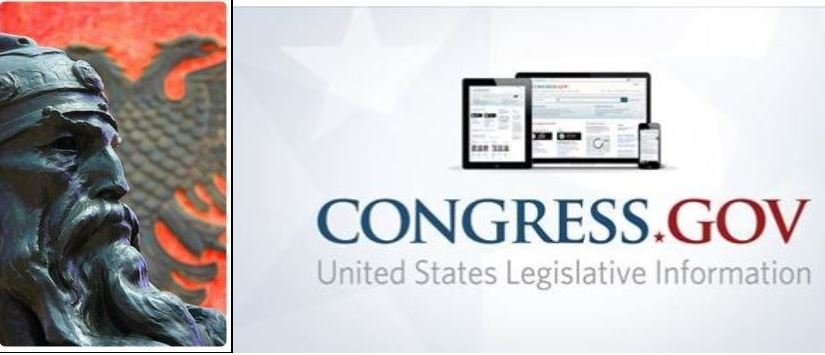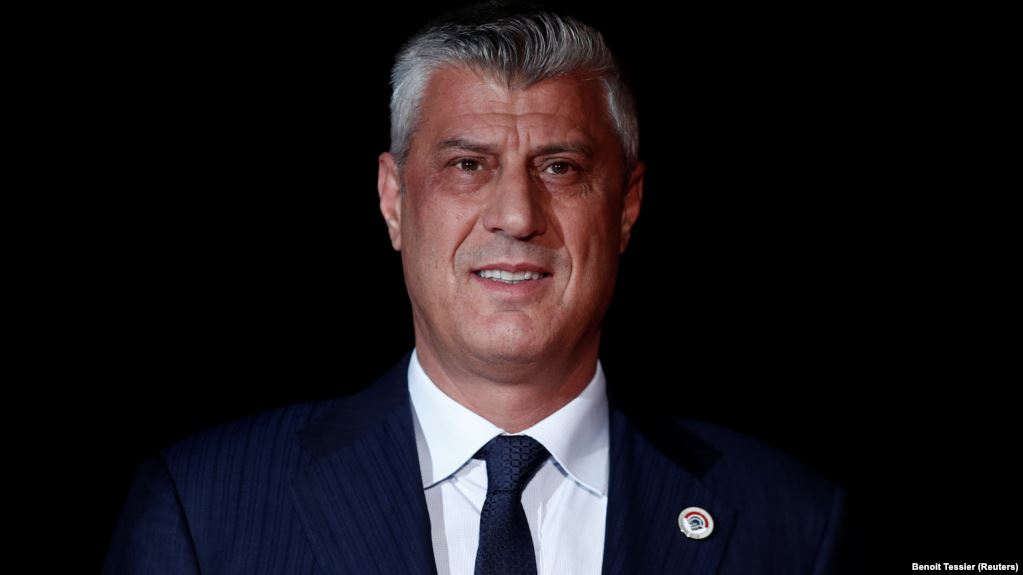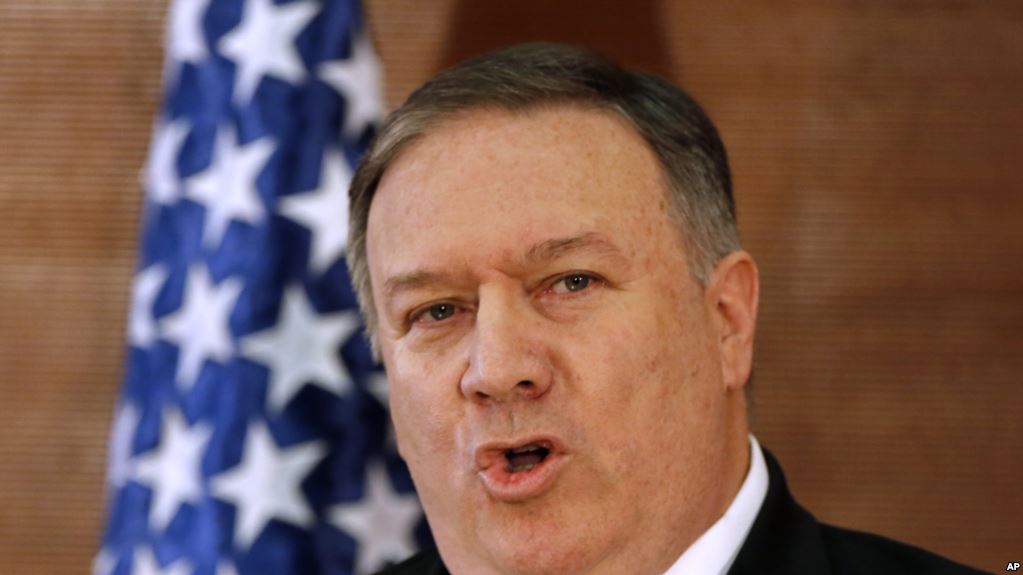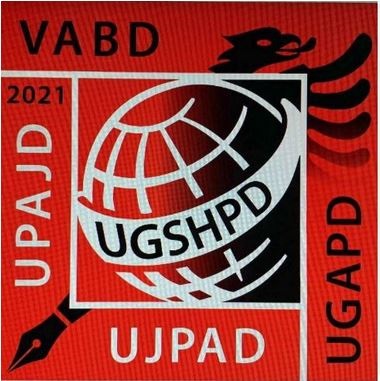Presidenti i SHBA-ve Donald Trump ka paralajmëruar qytetarët amerikanë të mos udhëtojnë në Venezuelë derisa të lëshohet një udhëzim i ri.
Në një postim nga llogaria e tij në Twitter, Trump ka paralajmëruar qytetarët amerikanë të mos udhëtojnë drejt Venezuelës, ku sot priten të zhvillohen protesta masive.
“Maduro ka për qëllim të negociojë me opozitën pas sanksioneve të SHBA-së dhe ndërprerjen e të ardhurave të naftës. Guaido është vënë në shënjestër nga Gjykata e Lartë e Venezuelës. Sot priten protesta masive. Qytetarët amerikanë nuk duhet të udhëtojnë në Venezuelë deri në udhëzimet e mëtejshme”, ka thënë Trump në postimin e tij.
Administrata amerikane e cila nuk e pranon legjitimitetin e presidentit të Venezuelës, Nicolas Maduro ka vendosur në listën e sanksioneve kompaninë shtetërore të naftës në Venezuelë PDVSA (Petroleos de Venezuela) si dhe ka bllokuar asetet financiare prej 7 miliardë dollarë amerikanë të Venezuelës në SHBA.
Po ashtu qeveria amerikane ka bërë të ditur se këto asete do të kalojnë nën kontrollin e kreut të opozitës Juan Guaido, duke theksuar se tashmë nuk do të realizohen më pagesat e naftës për administratën e Maduros dhe se homologu i tyre për këtë çështje do të jetë Guaido.
Kryeprokurori venezuelas Tarek William Saab, më parë ka kërkuar nga Gjykata e Lartë e Venezuelës të ndalojë Guaidon që të largohet nga vendi dhe konfiskimin e llogarive bankare dhe aseteve të tij. Në orët në vijim kryetari i Gjykatës së Lartë të Venezuelës, Maikel Moreno njoftoi fillimin e hetimeve se kanë miratuar masat parandaluese.
Nga ana tjetër, edhe Departamenti Amerikan i Shtetit dje u kërkoi qytetarëve amerikanë të mos udhëtonin në Venezuelë për shkak të “shkallës së rritur të krimit dhe arrestimit arbitrar të shtetasve amerikanë”.
Zhvillimet në Venezuelë
Tubimet e mbështetësve të opozitës dhe qeverisë në Venezuelë shkaktuan zhvillime të rëndësishme në aspektin e vendit dhe rajonit.
Juan Guaido u vetëshpall president i përkohshëm, ndërsa ky hap u njoh nga SHBA-ja, Australia, Kanadaja, Kolumbia, Peru, Ekuadori, Paraguaji, Brazili, Kili, Panamaja, Argjentina, Kostarika dhe Guatemala.
Ndërsa vendet si Meksika, Turqia, Rusia, Kuba, Kina dhe Bolivia përsëritën mbështetjen e tyre për qeverinë dhe presidentit Nicolas Maduro. Më pas presidenti Maduro, gjatë një fjalimi nga ballkoni i pallatit presidencial Miraflores në Karakas, duke iu drejtuar mijëra qytetarëve të Venezuelës, njoftoi ndërprerjen e të gjitha marrëdhënieve me SHBA-në dhe u dha afat 72 orë diplomatëve amerikanë të largohen nga vendi. Në një deklaratë të mëpasshme, Maduro bëri të ditur përfundimin e marrëdhënieve diplomatike dhe vazhdimin e marrëdhënieve tregtare. aa







